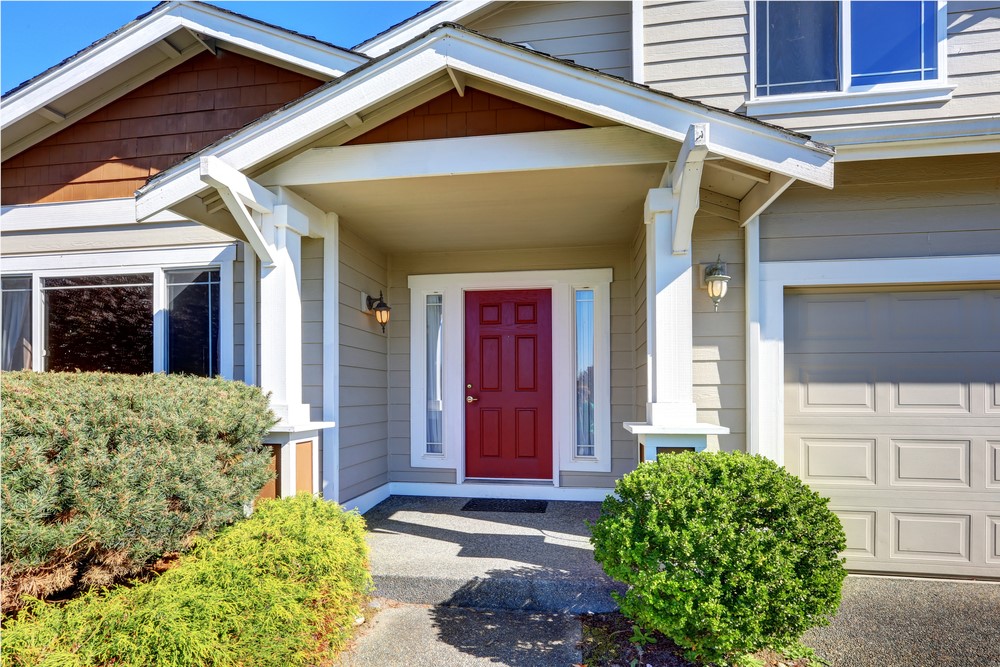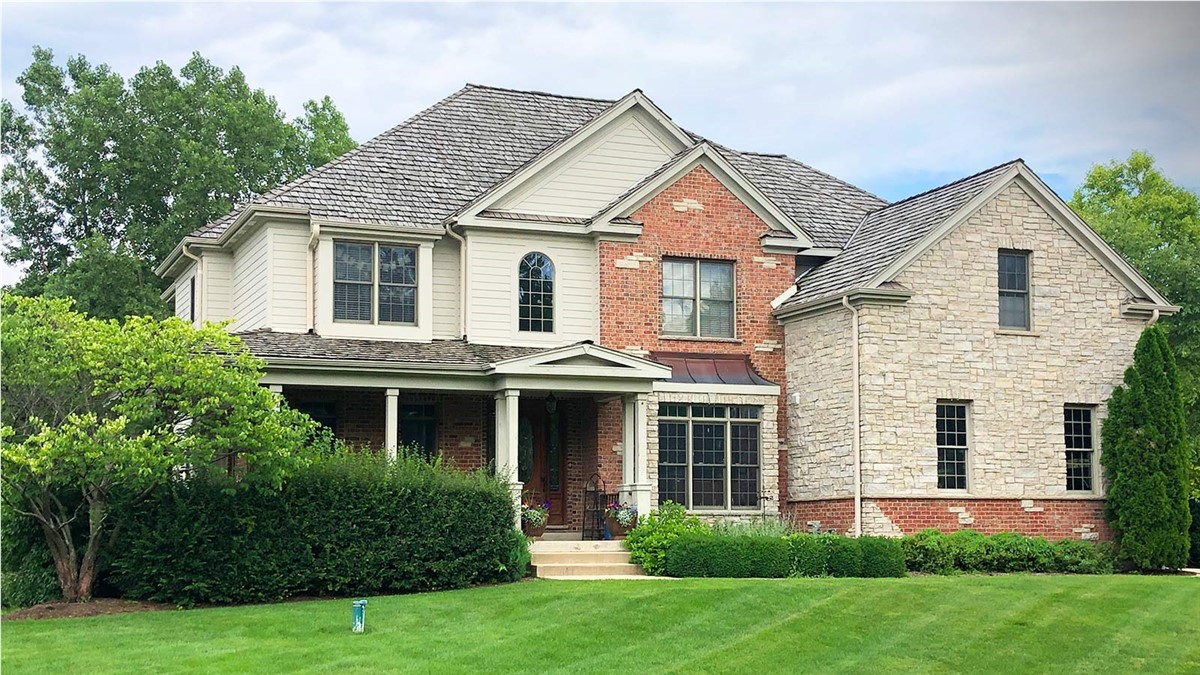It’s the time of year when many homeowners want to take advantage of the weather to upgrade their windows, and while vinyl windows seem like a great investment initially, you may find yourself asking “how long do vinyl windows last?” When considering upgrades to your home, windows are often high on the list, since they can both increase the curb appeal and overall appearance of the home, but can contribute significant resale value.
How Long Will Your Vinyl Windows Last?
While each situation and installation is unique, in most cases, the average vinyl window installation will last for years around Chicagoland to more in other parts of the country. This can vary depending on the conditions they are exposed to during their lifetime, and consistent exposure to more harsh or extreme conditions can shorten that lifespan.
For instance, while vinyl windows are decidedly resilient and durable, they do have their limits. If vinyl windows are installed in a position that subjects them to the harsh sun for large portions of the day, they are likely to experience a shortened lifespan. Vinyl is robust, but it degrades and becomes brittle after many years of exposure to harsh sun and UV rays, and will not be able to reach its maximum life expectancy. This would apply to a south-facing wall with no surrounding shade, for example.
On the other hand, installing vinyl windows in a situation where they can be shaded, or where they will not be subjected to constant UV ray bombardment can significantly boost their expected lifespan. Windows in installations like this can be expected to get more than 20 years, and even more in just the right circumstances.
How Do I Know If My Windows Need To Be Replaced?
There are many indicators that your windows may be past their prime, and in need of being replaced. Here are a few common signs:
- Energy bill “creep”: If you’re noticing that your energy bills have gone up recently, and your rates have stayed relatively steady, you may have an unwanted thermal exchange. If your windows aren’t acting as the barrier between indoors and outdoors as they should be, your HVAC system is going to be putting in some extra work to make up the difference.
- Condensation or “sweating” in multi-pane windows: Double and triple-pane windows are filled with an inert gas to act as additional insulation, and if the seal is broken, you’ll begin to see moisture between the panes. If this has happened, the windows will need replacement as soon as possible.
- Obvious warping of window frames: If you have windows with warped frames, you’re almost certainly losing HVAC effectiveness. This can best be seen in windows that are difficult to open, or stuck closed entirely. Even though they may be stuck, they are almost definitely not maintaining a proper seal against the elements.
- Feeling a draft through the window sill or frame: Being able to feel definitive air transfer through any part of your window means that you are losing precious thermal energy, and your climate control abilities are suffering as a result. This will be most noticeable in the winter when the frigid Chicago wind will push its way into your living spaces.
If you’re unsure if your windows need to be replaced, you can always contact a local professional to come to take a look. In most cases, you can find out through a free estimate if your windows still have a few years or if they’re already in need of replacement.
Working With An Experienced Contractor Ensures You Get The Results You Want
Whether you need new windows or just want to learn more about your options, working with an experienced contractor in your area can make all the difference. You may still have questions like “how long do vinyl windows last” or maybe you have questions about other remodeling options entirely, either way, get some input from a trusted Chicago professional before weighing all your options.





